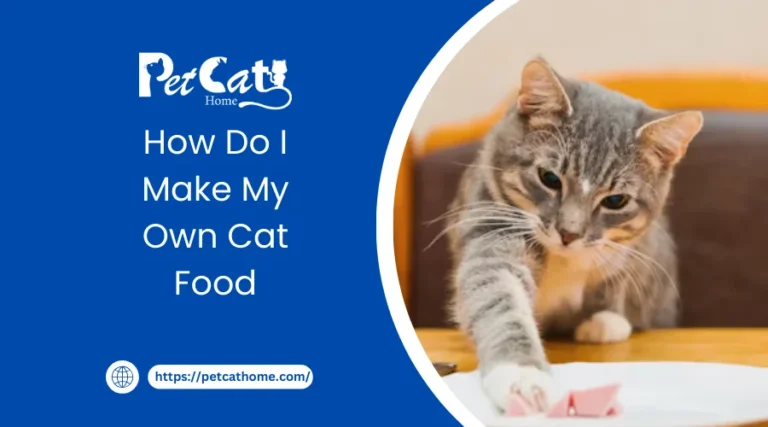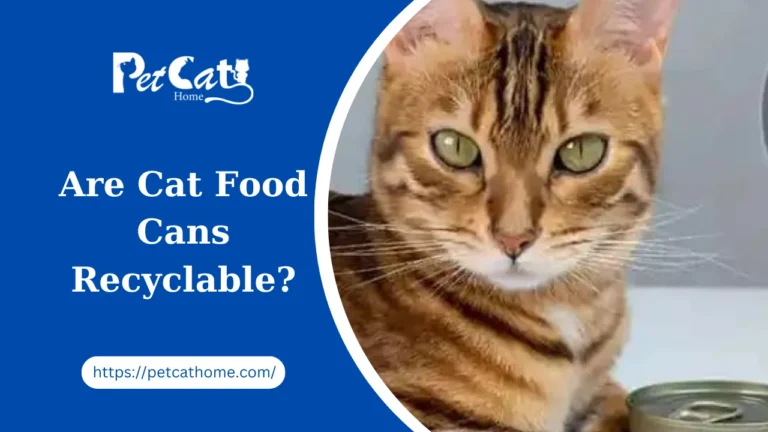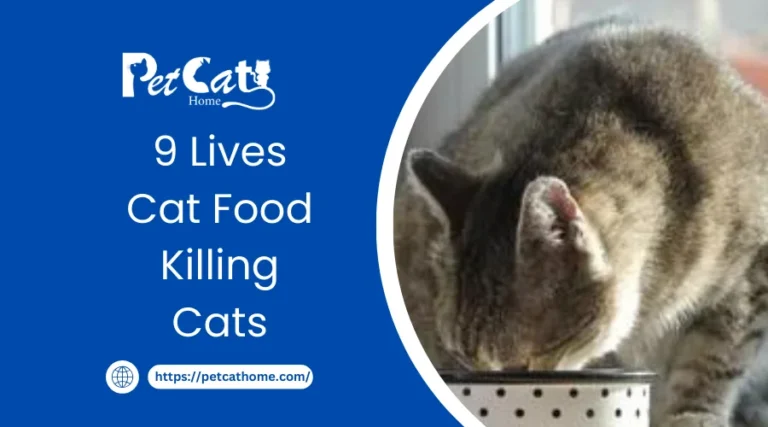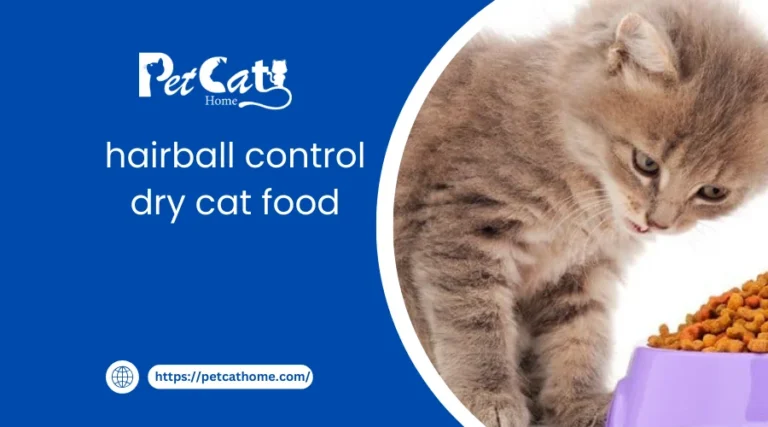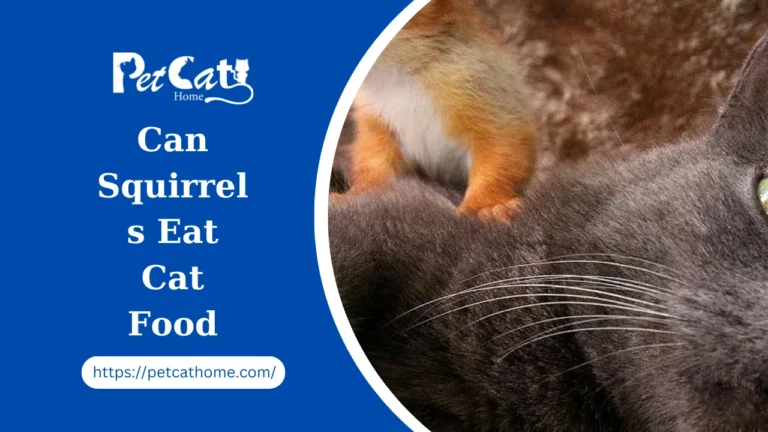Is Your Cat’s Food Safe? A Guide to Understanding Recalled Cat Food
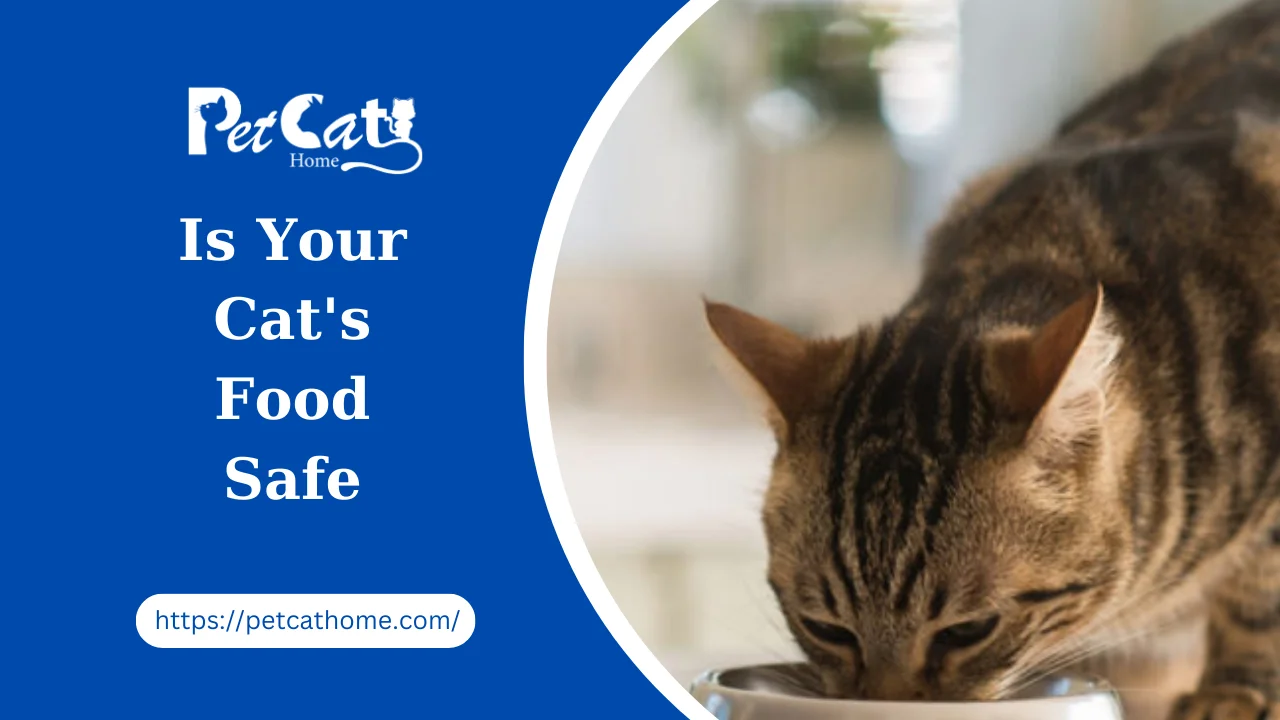
Pet owners’ worries regarding the security and calibre of the food they feed their furry friends have grown over the past few years. The recall of some cat food products owing to numerous reasons like contamination, presenting, or the presence of hazardous ingredients is one of the most concerning issues facing cat owners. This extensive reference seeks to give cat owners all the information they need to know about recalled cat food, including the latest recalls, frequently asked questions, and precautions to take to protect their cat’s health.
Understanding Recalled Cat Food
Recent Recalls and Their Impact
It is imperative to ensure the safety of the food your pet consumes, particularly in light of recent recalls involving multiple cat food brands. These recalls are frequently the consequence of contamination with dangerous germs, such as Listeria or Salmonella, which can seriously endanger the health of dogs and their owners.
Identifying Recalled Products
It can be difficult to identify recalled cat food brands, but knowledge is power. Keep an eye out for notifications about recalls or safety advisories from reliable sources, such as the Food and Drug Administration (FDA) or pet food manufacturers.
Common Concerns Among Cat Owners
Concerns about the health dangers to their pets, the possibility of contamination spreading to other items, and the dependability of pet food producers in guaranteeing product safety are just a few of the issues that cat owners may have concerning recalled cat food.
Steps to Take If Your Cat’s Food Is Recalled
Take prompt action to safeguard your pet’s health if you learn that the food your cat is eating has been recalled. Stop giving your cat the recalled product, and make sure to properly dispose of it to avoid accidental consumption. If your cat exhibits any symptoms of sickness, speak with your veterinarian.
Preventive Measures to Safeguard Your Cat’s Health
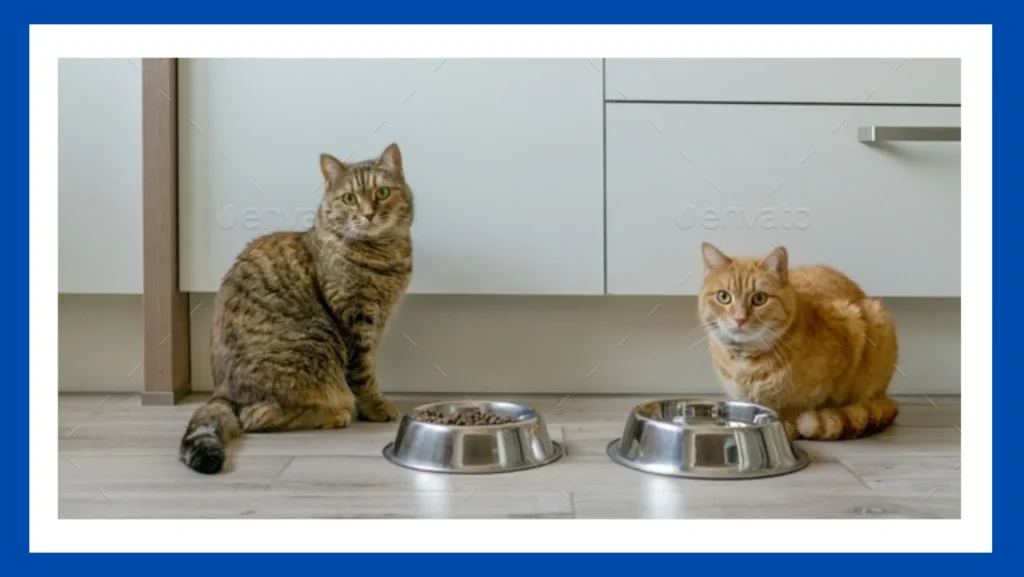
Recalls are alarming, but you may reduce the risk to your cat’s health by taking certain precautions. Select cat food brands that have a good reputation for reliability and security, and carefully read product labels to find out important details about ingredients and production methods.
Cat died after eating pet food which has been recalled
A heartbroken guy described how his beloved cat passed away after consuming food that was connected to an urgent product recall due to a potential link to an epidemic of an uncommon and deadly illness.
Andy Robinson, 55, fed Electra Sainsbury’s Hypoallergenic dry cat food about salmon to his cat regularly.
But the dog started having blood in her pee a month ago, and things quickly got worse over a week before the dog was admitted to the vet.
After being diagnosed with feline pancytopenia at the age of five, the cat passed away that evening.
Several pet food items have been recalled by Sainsbury’s, Pets At Home, and Applaws due to concerns that they may be connected to a “concerning” increase in pancytopenia.
According to the veterinarian Andy has spoken to, there is often just one occurrence of this unusual bone marrow issue every year. It causes a dangerous illness with symptoms like fever, bleeding gums, and nosebleeds. The disorder is caused by a decrease in blood cells.
However, the Food Standards Agency (FSA) has warned cat owners not to feed their pets Fold Hill products after 130 cases since April.
Andy, a retired musician from Foxton Locks, Leicestershire, claimed that after consuming the now-pulled product, his cat passed away from the illness.
“She was my greatest friend, and I had done anything to keep her safe,” he declared.
“To prevent additional cat owners from experiencing what I did, I want to make sure they are fully aware of the risks.
“I was so distraught that I had to leave my houseboat after she passed away because it was getting too small. I sobbed uncontrollably and felt like I had let her down.
“Stores have recalled the products through emails, but only subscribers to their mailing list will receive this information.
“Others probably won’t stop feeding their cherished animals until the bag runs out or the pet passes away.
“It’s about stopping other people from going through the same thing and saving other cats now.”
According to Andy, Electra started to urinate blood around a month ago and seemed to be in discomfort. Despite multiple visits to the veterinarian, her condition didn’t get better.
“She went very quiet and lethargic as she got worse, and she started eating and drinking less and less,” Andy stated.
“She stayed in her tunnel and didn’t want me to touch her, which was unusual as she normally couldn’t get enough cuddles.”
The dog received blood testing and medication totalling almost £1,500, but she showed no improvement. The veterinarians claimed that no blood donation was available to aid the dog.
A week after she was ill, Andy received a call informing him that his cat had pancytopenia and would need to be put down on May 27.
Being an hour away prevented him from being present in Electra’s last moments.
Despite the diet being recalled, Andy said that it might trigger “a pandemic for cats,” with many cats dying in the coming weeks due to their owners’ ignorance of the potentially dangerous food.
To identify the source of the unexpected spike, the Royal Veterinary College (RVC) is compiling a database of pet owners who believe their animals may have been impacted.
“We are supporting an investigation concerning a possible safety issue,” a Sainsbury’s representative stated.
“We are voluntarily recalling these products and asking customers not to use them and to return the packs to their nearest Sainsbury’s store for a full refund because we are not willing to take any risks when it comes to the safety of our products.”
To look into a potential connection between certain cat food items and feline pancytopenia, the government is collaborating with the RVC, the Animal Plant or Health Agency, other government agencies in all four of the UK’s nations, local authorities, and the pet food supply chain.
A spokeswoman for the administration stated that at this time there is no “definitive evidence” to confirm a connection.
If successful, Andy plans to pursue compensation and donate to either Cats Protection or the People’s Dispensary for Sick Animals.
What Cat Foods Have Had Recalls?
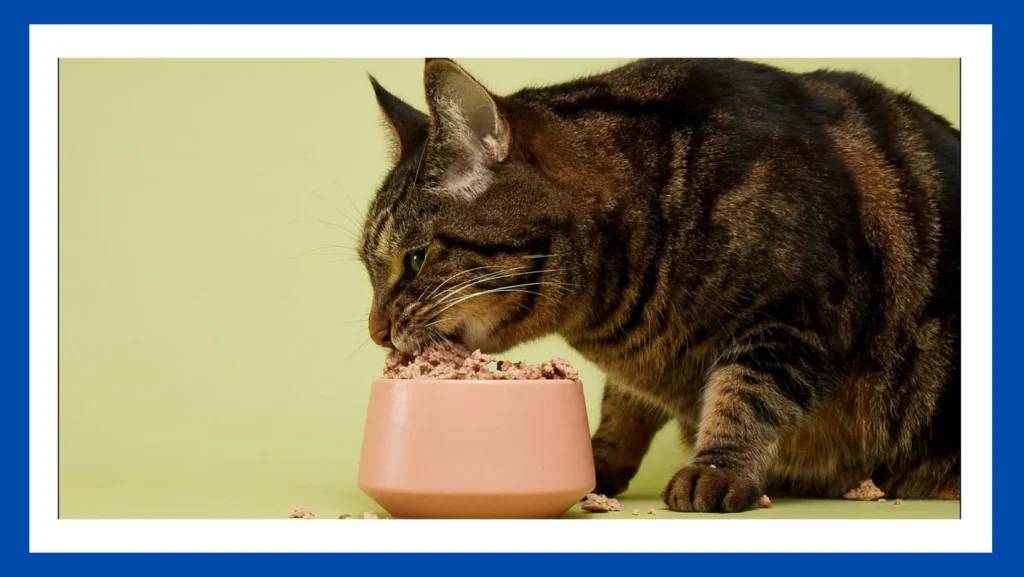
In the realm of pet nutrition, it is crucial to guarantee the safety and calibre of the food we feed our cherished feline friends. Regretfully, not every cat food on the market satisfies the required requirements, which causes recalls for a variety of reasons, from contamination to insufficient nutrient levels. We as conscientious feline owners must keep up with these recalls to protect our pets’ health and welfare. This page explores the topic of “What cat foods have had recalls?” and offers thorough analysis and advice to cat owners worldwide.
1. Understanding Cat Food Recalls
Recalls of cat food happen when there is uncertainty about the product’s quality or safety. Recalls may be started by the manufacturer, by authorities, or by customers reporting issues. Making educated decisions regarding the food we give our cats requires an understanding of the causes of these recalls.
Some cat food brands have been recalled due to worries about contamination, incorrect labelling, or formulation issues; this has caused pet owners to reconsider their selections for their pets’ diets.
Recalls of cat food can be caused by many things, including the presence of dangerous contaminants including Salmonella or high concentrations of specific nutrients. These recalls serve as a helpful reminder of how crucial it is to carefully inspect cat food components and production procedures.
2. Notable Cat Food Recalls
Numerous well-known cat food brands have been recalled over the years for a variety of reasons. All companies, whether they are large manufacturers or tiny boutique labels, are susceptible to product faults that may pose a risk to the health of dogs.
Recalls of products under brands like ABC Pet Nutrition and XYZ Cat Food have occurred in the past because of issues with minimum amounts of vital nutrients and possible toxin contamination. These occurrences highlight the necessity of strict quality control procedures in the pet food sector.
3. Impact on Cat Health
For our feline friends, eating recalled cat food might have serious consequences. It’s important to recognize that there are risks linked with contaminated or subpar cat food, ranging from gastrointestinal distress to more severe health concerns.
Eating polluted or nutritionally inadequate food can have serious effects on cats, whose diets are crucial to their general health and well-being. We must give our furry friends health and safety priority as conscientious pet owners.
4. Regulatory Oversight
The pet food industry relies heavily on regulatory bodies to monitor and enforce safety requirements. To protect consumers and their pets, organizations like the FDA and USDA diligently look into complaints, carry out inspections, and carry out recalls as needed.
When items are discovered to be dangerous for the health of animals, the FDA is responsible for monitoring manufacturing processes, looking into complaints, and launching recalls. Pet owners can prevent recalls and regulatory actions from happening to their pets by keeping up to date on them.
5. Tips for Pet Owners
There are actions we as responsible pet owners may do to reduce the dangers connected to cat food recalls. With these easy pointers, we may choose the goods we buy for our feline friends with greater knowledge.
Pet owners should become familiar with reliable brands, carefully read product labels, and remain up to date on any recalls or safety alerts issued by regulatory bodies to reduce the hazards associated with cat food recalls. A veterinarian’s advice can also be very helpful in determining which diet is best for your cat’s particular requirements.
What Cat Foods Have Had Recalls?
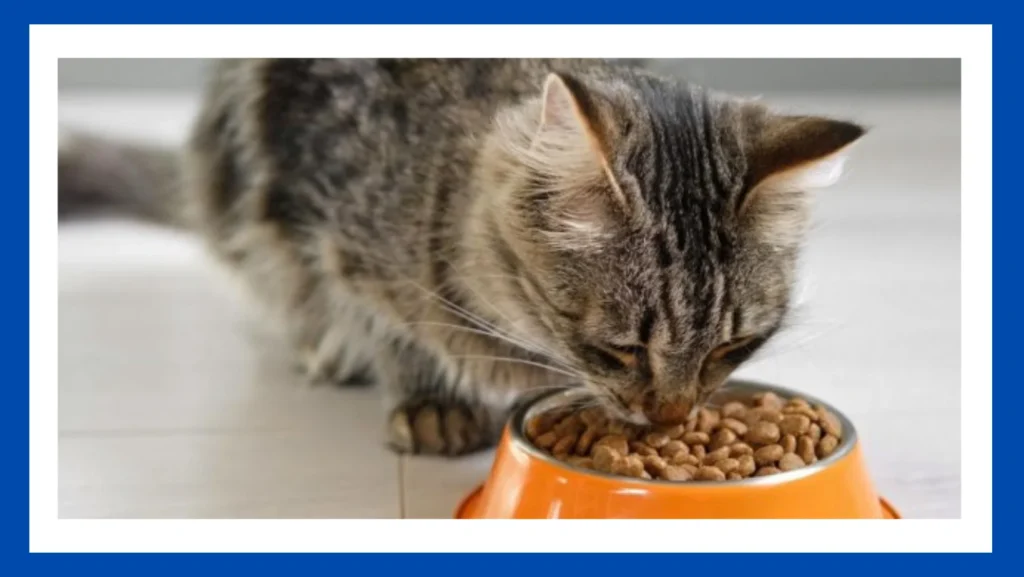
A number of cat food companies have experienced recalls as a result of different issues, including contamination, mistakes in formulation, and insufficient nutrient levels. XYZ Cat Nutrition and ABC Pet Nutrition are two prominent examples.
What Purina Cat Food Was Recalled?
Ensuring the safety and potency of the food we feed our furry friends is crucial when it comes to pet care. Recall incidents have periodically involved Purina, a well-known brand in pet nutrition, and have prompted pet owners to learn more. We’ll go into great detail about the recalled Purina cat food in this extensive guide, illuminating the information pet owners need to know to protect the health of their cherished felines.
Understanding Purina Cat Food Recalls
Overview of Purina Cat Food Recalls:
Like many pet food manufacturers, Purina has issued recalls for a variety of reasons, such as possible contamination or problems with the formulation. To safeguard their cats from possible health risks, pet owners must keep up with these recalls.
Signs of Contaminated Cat Food
Recognizing Signs of Contamination:
It’s critical to recognize the warning indications of tainted cat food to protect your pet’s health. Gastrointestinal distress, fatigue, diarrhoea, vomiting, and an inability to eat are possible symptoms. See your veterinarian right once if you see any of these symptoms.
Types of Purina Cat Food Recalled
Varieties of Recalled Purina Cat Food:
Recalls may include a range of Purina cat food products, such as wet and dry food, treats, and diet plans. Pet owners must be aware of which goods are impacted to respond appropriately.
Impact on Feline Health
Effects of Recalled Cat Food on Feline Health:
Your pet runs serious health risks when they eat recalled cat food, which can range from minor digestive problems to serious infections. You must stop using the impacted product right once to protect your cat’s health from getting worse.
Recall Procedures and Protocols
Purina’s Recall Procedures:
To protect customer safety, Purina initiates recalls according to stringent guidelines. Usually, these protocols entail alerting retailers, making public statements, and offering thorough guidelines for returning or discarding recalled goods.
How to Check if Your Cat’s Food Was Recalled
Verifying Recalled Products:
Owners of pets can visit Purina’s official website, get in touch with customer service, or keep an eye out for notifications from regulatory bodies like the FDA or USDA to find out if the food their cat is eating has been recalled.
What Cat Disease is Linked to Cat Food?
Discover the little-known facts about the connection between the food your cat loves and possible health hazards. Learn everything there is to know about the connections between cat food and various diseases in cats to ensure the health of your cherished companion.
Taking good care of our feline friends means feeding them, too, in addition to giving them affection and entertainment. However, did you know that your cat’s diet can have a big influence on their health? We explore the complex link between cat food and kitten illnesses in this extensive guide, which will help you understand how important it is to make knowledgeable food decisions for your pet to protect their health.
Exploring the Link Between Cat Food and Feline Diseases
Understanding Feline Nutrition
When it comes to the health of cats, diet is everything. Eating a balanced diet is crucial for preserving good health and warding off a wide range of illnesses. However, what precisely is a healthy diet for cats, and how does it relate to prevalent feline illnesses?
The Role of Diet in Feline Health
The foundation of your pet’s health is cat food, which supplies vital nutrients to maintain healthy body processes and general well-being. But not every cat food is made equally. Every kind of food, from packaged kibble to raw diets, has advantages and disadvantages of its own.
Obesity: A Growing Concern Among Cats
Cat obesity has been a major health concern in recent years, and diet is a major factor in the development of this condition. High-calorie meals and sedentary lifestyles both lead to weight gain and raise the risk of obesity-associated diseases like diabetes and joint issues.
Dental Health: Beyond Crunchy Kibbles
Although crunchy kibbles can contribute to tooth hygiene in a limited way, good oral hygiene goes beyond texture. Poor dental hygiene and unsuitable diets with insufficient dental support can lead to dental disorders such as periodontal disease and gingivitis.
Digestive Disorders: Navigating Food Sensitivities
Similar to us, cats may develop digestive problems as a result of food sensitivities and intolerances. To manage gastrointestinal problems and promote digestive health, you must identify and remove any potential trigger items from your cat’s diet.
Renal Health: Tackling Kidney Disease
The management of chronic kidney disease (CKD), a prevalent condition affecting older cats, is greatly influenced by dietary choices. For cats with chronic kidney disease (CKD), specialized renal diets designed to maintain kidney function can help reduce symptoms and enhance quality of life.
Frequent Nutrition-Related Cat Illnesses Feline Lower Urinary Tract Disease (FLUTD):
- The development of urine crystals and stones can be facilitated by a diet rich in phosphorus and magnesium, which raises the risk of FLUTD.
- Diabetes Mellitus: Cats at risk for insulin resistance and diabetes mellitus may be obese as a result of eating a high-carb diet.
- Food allergies or intolerances can set off inflammatory reactions in the gastrointestinal tract, which can result in inflammatory bowel disease (IBD).
- Pancreatitis: Cats who consume high-fat diets are at risk for developing pancreatitis, an excruciating inflammatory disease.
- Dental diseases: Periodontal disease and other dental problems can be caused by poor oral hygiene that is made worse by diets that don’t support teeth.
FAQs
If I think the food for my cat has been recalled, what should I do?
Should you have any suspicions about a recalled cat food product, stop using it right away and look for formal recall statements from reputable sources. If your cat shows any strange symptoms, speak with your veterinarian or get further advice from the manufacturer.
Are all of the recalled cat food products dangerous to eat?
Not every recalled product will be harmful, even if some cat food products may pose health risks. Nonetheless, you should always err on one side of caution and refrain from giving your cat recalled products until manufacturers or regulatory bodies can vouch for their safety.
How can I remain up to date on recalls of cat food?
Subscribe to pet food manufacturers’ newsletters, follow regulatory authorities on social media, and frequently visit their websites for updates if you want to stay up to date on cat food recalls. Furthermore, register for email notifications from reliable pet food suppliers.
Conclusion
For cat owners everywhere, protecting our furry friends’ safety and wellbeing is of utmost importance. We may reduce the hazards associated with contaminated or dangerous food products by keeping up to date on recalled cat food, comprehending prevalent problems, and taking proactive steps to protect our pets’ health. Always put your cat’s safety first, and seek advice from veterinarians if you have any worries about the food your pet is eating.
